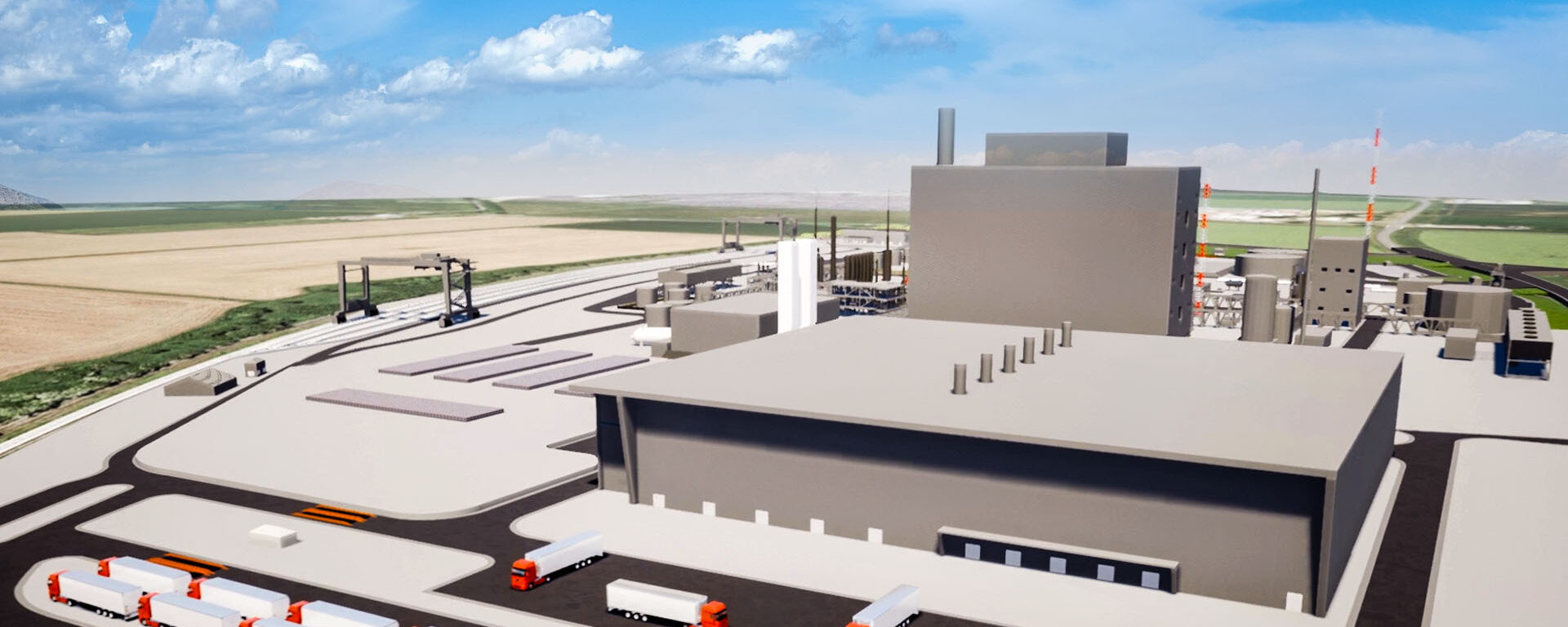
Velocys plc (VLS.L), the sustainable fuels technology company, is pleased to announce that it has secured a grant from the UK Department for Transport (DfT) under the Green Fuels, Green Skies competition. The grant award is up to a maximum of £2.4M, of which £1.2M is subject to progress by the DfT in developing policy support for Sustainable Aviation Fuels (SAF).
The Altalto project is a collaboration between Velocys and British Airways; the proposed plant will convert hundreds of thousands of tonnes per year of residual waste into sustainable fuels, mainly aviation fuel. Planning consent was granted in 2020; the project is ready to proceed to the final stages of engineering prior to construction, subject to the policy progress mentioned above and to third party project funding.
Velocys has previously received grants totalling £934,000 from the Future Fuels for Flight and Freight (F4C) competition, the predecessor to Green Fuels, Green Skies.
Henrik Wareborn, Velocys CEO, said:
“We are very pleased to have this enhanced level of support from the Department for Transport for the Altalto project. The momentum for Sustainable Aviation Fuel (SAF) in the UK and around the world is growing, demonstrated here by the recent consultations on the path to net zero aviation and on a SAF mandate. This grant demonstrates that the Altalto project is a key part of the strategy to accelerate a SAF industry in the UK.”
Sean Doyle, British Airways Chairman and CEO, said:
“We’re delighted that this project has received support from the Government’s Green Fuels, Green Skies competition, which is critical in helping us to drive forward the development of sustainable aviation fuel in the UK. Plants like this one would be a game-changer for our industry, not only delivering sustainable aviation fuel, but also creating hundreds of highly skilled jobs while increasing economic growth around the UK.
“Our parent company, IAG, was the first European airline group to commit to powering 10 per cent of its flights with sustainable aviation fuel (SAF) by 2030 – purchasing one million tonnes of SAF each year, equivalent to taking a million cars off Europe’s roads every year. Projects like this one are part of our journey to that SAF target and we look forward to pushing it forward.”
Certain information contained in this announcement would have constituted inside information (as defined by Article 7 of Regulation (EU) No 596/2014) prior to its release as part of this announcement.
———
For further information, please contact:
Velocys
Henrik Wareborn, CEO
Andrew Morris, CFO
Lak Siriwardene, Director of Communications & Sustainability
+44 1865 800821
Panmure Gordon (UK) Limited (Nomad and Joint Broker)
Hugh Rich (Corporate Broking)
Emma Earl (Corporate Finance)
John Prior (Corporate Finance)
+44 20 7886 2500
Shore Capital Stockbrokers Limited (Joint Broker)
Henry Willcocks (Corporate Broking)
Toby Gibbs (Corporate Advisory)
+44 20 7408 4090
Radnor Capital (Investor Relations)
Joshua Cryer
Iain Daly
+44 20 3897 1830
Field Consulting (General PR)
Rob Jeffery
+44 20 3697 7953
Notes to Editors
Velocys is an international UK-based sustainable fuels technology company. Velocys designed, developed and now licenses proprietary Fischer-Tropsch technology for the generation of clean, low carbon, synthetic drop-in aviation and road transport fuel from residual woody biomass and municipal solid waste. The Velocys technology can also enable the production of zero carbon fuels for the airline industry from renewable power and CO2.
Velocys is at present developing two reference projects: the Bayou Fuels project in Natchez, Mississippi, USA (incorporating Carbon Capture and Storage) and the Altalto project in Immingham, UK, to produce fuels that significantly reduce both greenhouse gas emissions and key exhaust pollutants for aviation and road transport. Originally a spin-out from Oxford University, in 2008 the Company acquired a US company based on complementary reactor technology developed at the Pacific Northwest National Laboratory. Velocys is headquartered in Oxford in the United Kingdom.
8 September 2025
2 September 2025
21 August 2025